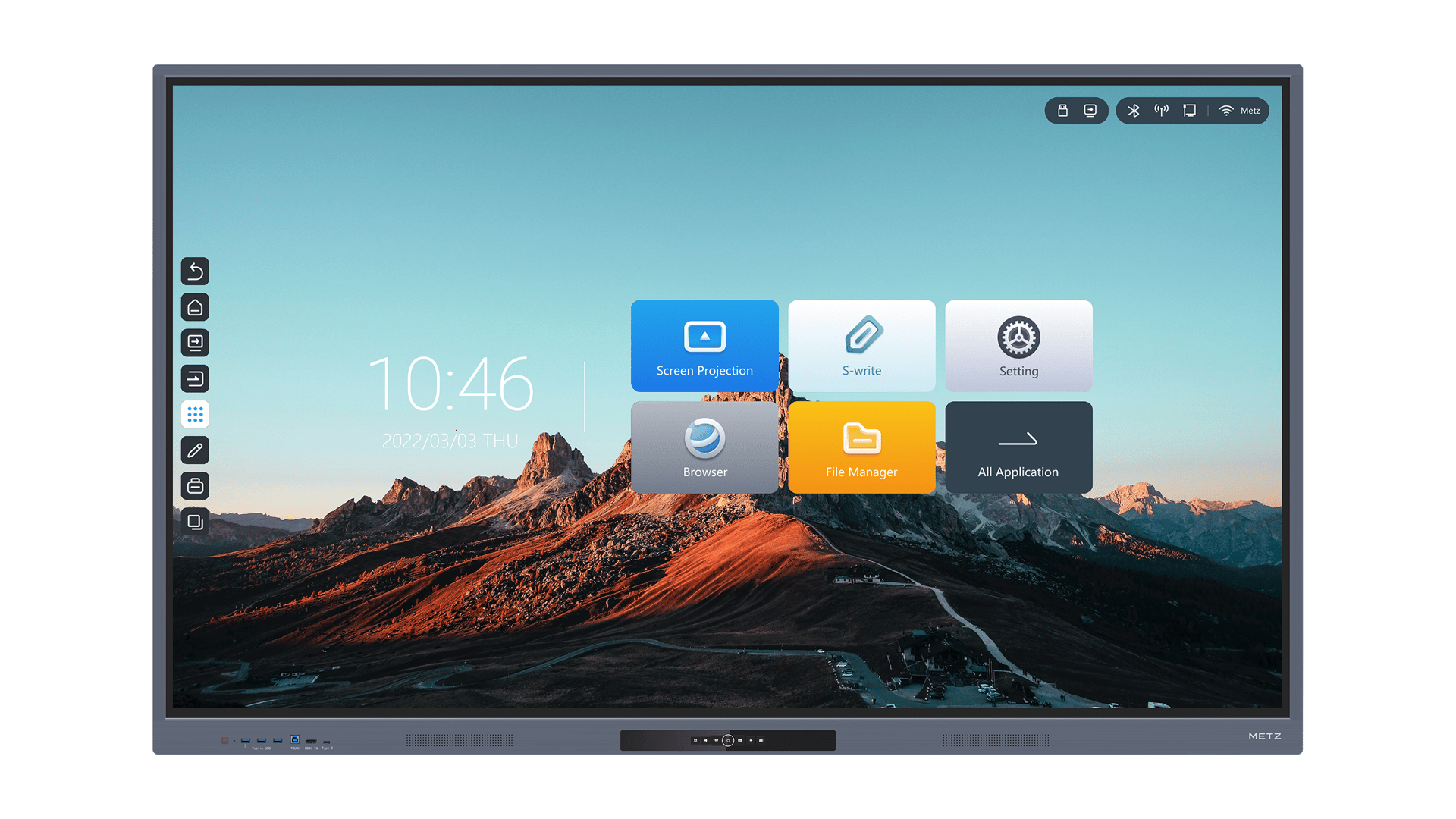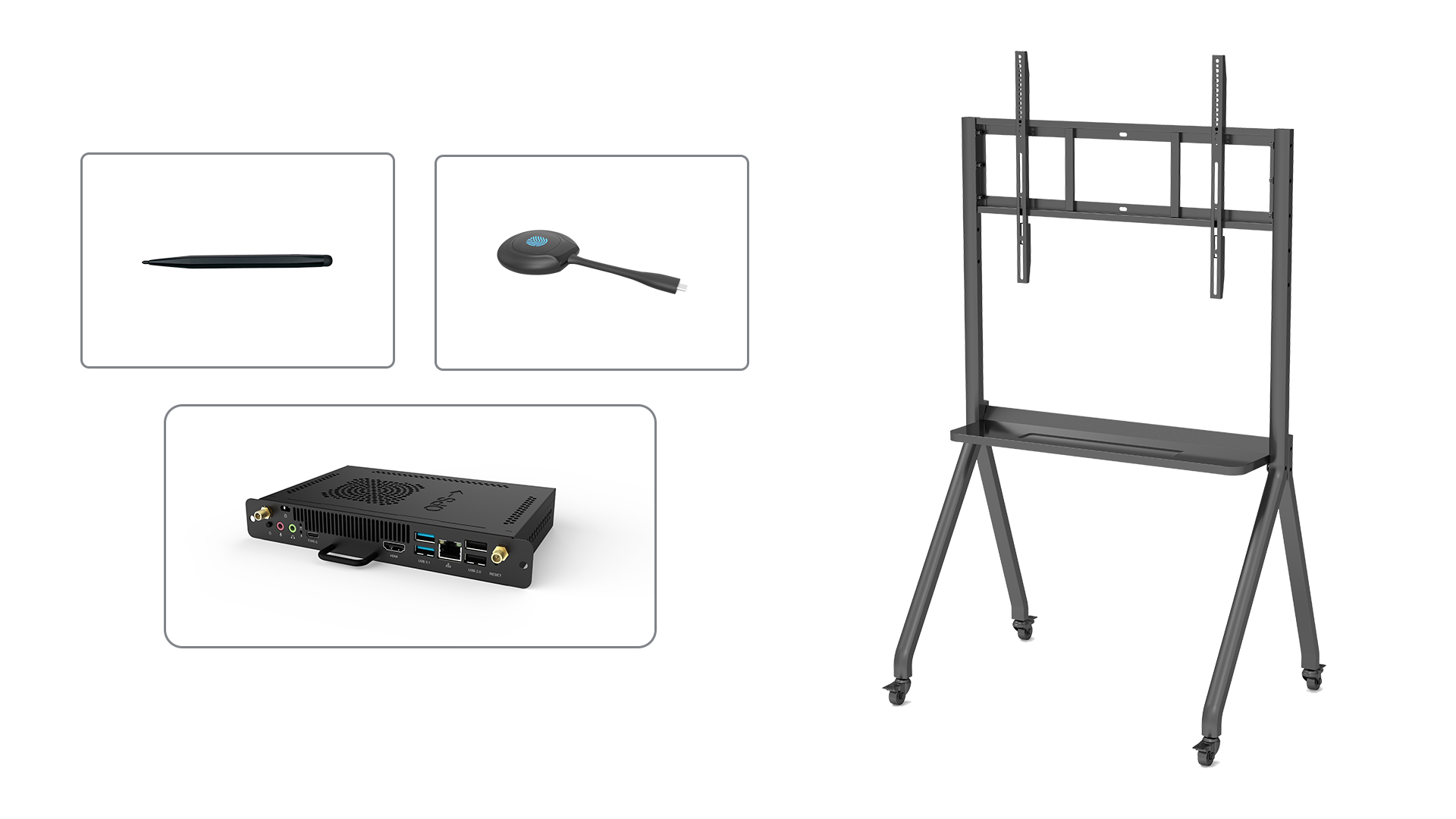Introduction: The Power of smartboard money games
Financial literacy is an essential life skill that empowers individuals to make informed decisions about their personal finances. However, teaching financial concepts can often be challenging, especially for younger learners. Traditional teaching methods may not always capture their attention or engage them effectively. This is where Smartboard Money Games come into play. These innovative educational tools combine the power of technology with interactive gameplay to make learning about money management exciting and enjoyable. In this article, we will explore the various aspects of Smartboard Money Games and how they can enhance financial literacy among students.
The Benefits of Smartboard Money Games
Smartboard Money Games offer several advantages over traditional teaching methods when it comes to promoting financial literacy. Let's take a closer look at some of the key benefits:
1. Interactive Learning Experience
Smartboard Money Games provide an interactive learning experience that actively involves students in the learning process. By using touch-sensitive screens and interactive features, these games allow students to manipulate virtual money, make financial decisions, and see the immediate consequences of their choices. This hands-on approach helps students develop a deeper understanding of financial concepts and improves their decision-making skills.
2. Engagement and Motivation
Traditional classroom lectures can often lead to disengagement and boredom, especially when it comes to complex topics like money management. However, Smartboard Money Games transform learning into an exciting adventure. By incorporating game elements such as challenges, rewards, and competition, these games motivate students to actively participate and learn. The element of fun keeps students engaged, making them more likely to retain the information they learn.
3. Real-World Application
One of the most significant advantages of Smartboard Money Games is their ability to bridge the gap between theoretical knowledge and real-world application. These games simulate real-life financial scenarios, allowing students to apply their knowledge and skills in a safe and controlled environment. By making financial decisions and experiencing the consequences, students gain practical insights into money management that can be transferred to their everyday lives.
4. Personalized Learning
Every student has a unique learning style and pace. Smartboard Money Games offer personalized learning experiences by adapting to individual student needs. These games can adjust the difficulty level based on the student's progress and provide targeted feedback to help them improve. Whether a student is a visual learner or an auditory learner, Smartboard Money Games can cater to their specific learning preferences.
How Smartboard Money Games Enhance Financial Literacy
1. Introducing Basic Financial Concepts
Smartboard Money Games serve as an excellent introduction to basic financial concepts such as earning, spending, saving, and budgeting. Through interactive gameplay, students learn how money flows in and out of their virtual wallets and understand the importance of making wise financial choices.
2. Teaching Money Management Skills
Money management skills are crucial for financial well-being. Smartboard Money Games provide a platform for students to practice and develop these skills in a risk-free environment. They learn how to create budgets, set financial goals, differentiate between needs and wants, and make informed spending decisions.
3. Promoting Critical Thinking and Problem-Solving
Smartboard Money Games require students to think critically and solve financial problems. They need to analyze different scenarios, evaluate the potential outcomes of their decisions, and make strategic choices. This promotes critical thinking, problem-solving, and analytical skills, which are essential for successful money management.
4. Fostering Collaboration and Communication
Many Smartboard Money Games offer multiplayer options, encouraging collaboration and communication among students. They can work together to solve financial challenges, discuss strategies, and share knowledge. This collaborative aspect enhances teamwork skills and prepares students for real-life financial situations where effective communication is essential.
5. Developing Long-Term Financial Habits
By engaging with Smartboard Money Games, students develop a foundation for long-term financial habits. They learn the importance of saving, investing, and avoiding debt. These games instill financial responsibility and help students develop a positive attitude towards managing their money from an early age.
Incorporating Smartboard Money Games into the Classroom
Now that we understand the benefits and impact of Smartboard Money Games, let's explore some practical tips for incorporating them into the classroom:
1. Integration with Curriculum
Smartboard Money Games should be integrated into the existing curriculum to ensure they align with the learning objectives. Teachers can identify specific financial concepts or skills that can be reinforced through gameplay and incorporate them into their lesson plans.
2. Clear Learning Objectives
Before introducing Smartboard Money Games, teachers should establish clear learning objectives for their students. By setting specific goals, teachers can track student progress and ensure that the games are effectively enhancing financial literacy.
3. Game Selection and Evaluation
There are numerous Smartboard Money Games available, each with its own strengths and weaknesses. Teachers should carefully select games that align with the learning objectives and evaluate them based on factors such as educational value, engagement, and accuracy of financial concepts portrayed.
4. Assessment and Feedback
Teachers should incorporate assessments and provide feedback to students to gauge their understanding of financial concepts. This can be done through quizzes, discussions, or reflection activities. Regular feedback helps students identify areas for improvement and reinforces their learning.
5. Parent Involvement
Encourage parent involvement by providing resources and information about Smartboard Money Games. Parents can reinforce the learning at home and engage in discussions about money management with their children. This collaboration between school and home enhances the overall impact of financial education.
Conclusion: Empowering Future Generations with Smartboard Money Games
Smartboard Money Games have emerged as powerful tools for enhancing financial literacy in an engaging and interactive way. By providing an immersive learning experience, these games effectively introduce financial concepts, develop money management skills, foster critical thinking, and promote collaboration. Incorporating Smartboard Money Games into the classroom can empower students to make informed financial decisions and set a strong foundation for their financial well-being. Let's embrace this innovative approach to education and equip future generations with the knowledge and skills they need to navigate the complex world of personal finance.






